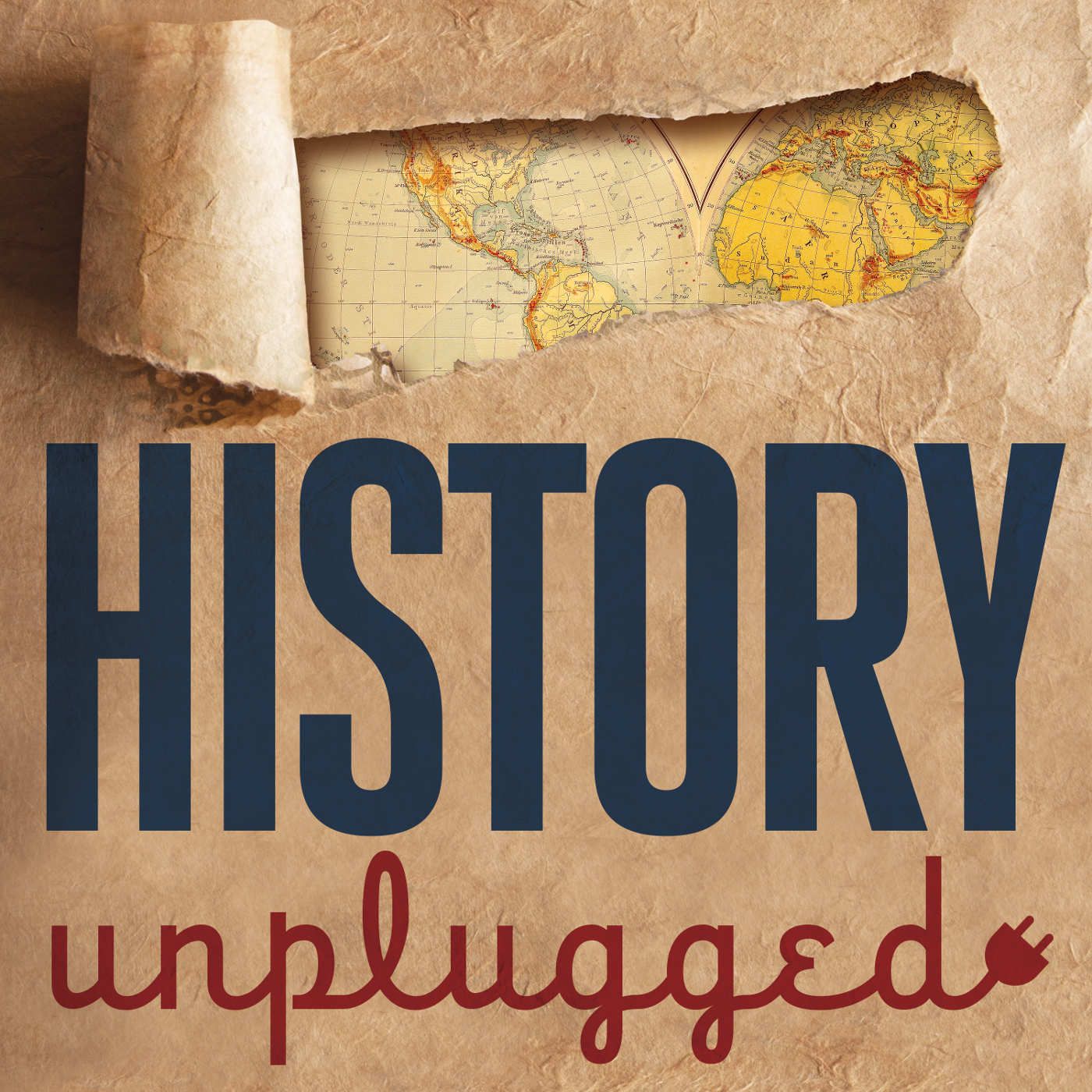- History
- SEE MORE
- classical
- general
- talk
- News
- Family
- Bürgerfunk
- pop
- Islam
- soul
- jazz
- Comedy
- humor
- wissenschaft
- opera
- baroque
- gesellschaft
- theater
- Local
- alternative
- electro
- rock
- rap
- lifestyle
- Music
- como
- RNE
- ballads
- greek
- Buddhism
- deportes
- christian
- Technology
- piano
- djs
- Dance
- dutch
- flamenco
- social
- hope
- christian rock
- academia
- afrique
- Business
- musique
- ελληνική-μουσική
- religion
- World radio
- Zarzuela
- travel
- World
- NFL
- media
- Art
- public
- Sports
- Gospel
- st.
- baptist
- Leisure
- Kids & Family
- musical
- club
- Culture
- Health & Fitness
- True Crime
- Fiction
- children
- Society & Culture
- TV & Film
- gold
- kunst
- música
- gay
- Natural
- a
- francais
- bach
- economics
- kultur
- evangelical
- tech
- Opinion
- Government
- gaming
- College
- technik
- Jesus
- Health
- movies
- radio
- services
- Church
- podcast
- Education
- international
- Transportation
- Other
- kids
- podcasts
- philadelphia
- Noticias
- love
- sport
- Salud
- film
- and
- 4chan
- Disco
- Stories
- fashion
- Arts
- interviews
- hardstyle
- entertainment
- humour
- medieval
- literature
- alma
- Cultura
- video
- TV
- Science
- en
A Union Spy's Mission to Stop the Confederates From Building a Secret Navy in Britain

b'In 1861, just as the Civil War began, the leaders of the Confederacy soon realized they were outmatched when it came to military might, especially in terms of Naval power. (For example, the U.S. Navy had 42 commissioned ships as of the start of the year\\u2014the Confederacy had 1.) And the Northern states had much more industrial might in order to get more ships built. With such a stark advantage, the Union was able to form a naval blockade that could choke the Confederacy militarily, and also economically.
The leaders of the Confederacy realized that the only way to outfit a strong navy was to receive support from aboard\\u2014namely, from the still-neutral Great Britain. Neutral though its leaders claimed to be, public sentiment in Britain at the time leaned toward the Confederacy. The Southern leaders dispatched the charming and devious Captain James Bulloch to Liverpool to lead the way to clandestinely acquire a cutting-edge fleet of ships (and weapons) that would break President Lincoln\\u2019s blockade of Confederate ports, sink Northern merchant vessels, and drown the U.S. Navy\\u2019s mightiest ships at sea. The profits from gunrunning and smuggling cotton\\u2014Dixie\\u2019s notorious \\u201cwhite gold\\u201d\\u2014would finance the scheme.
Opposing him was the American consul named Thomas Dudley, a resolute Quaker lawyer and abolitionist. Knowing that the state of the Union was at stake, he was determined to stop Bulloch by any means necessary in a spy-versus-spy game of move and countermove, gambit and sacrifice, intrigue and betrayal. If Dudley failed, Britain would likely ally with the South and imperil a Northern victory.
The battleground for these spy games was the Dickensian port of Liverpool, whose dockyards built more ships each year than the rest of the world combined, whose warehouses stored more cotton than anywhere else on earth, and whose merchant princes, said one observer, were \\u201caddicted to Southern proclivities, foreign slave trade, and domestic bribery.\\u201d
To tell this story is today\\u2019s guest Alexander Rose, author of \\u201cThe Lion and the Fox: Two Rival Spies and the Secret Plot to Build a Confederate Navy.\\u201d'